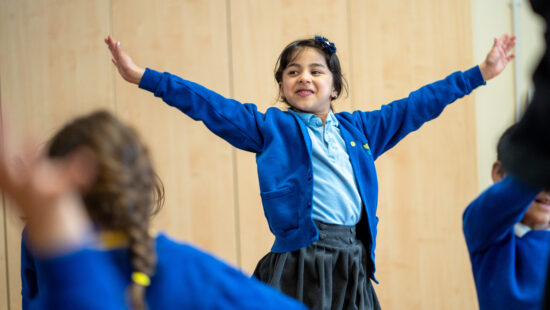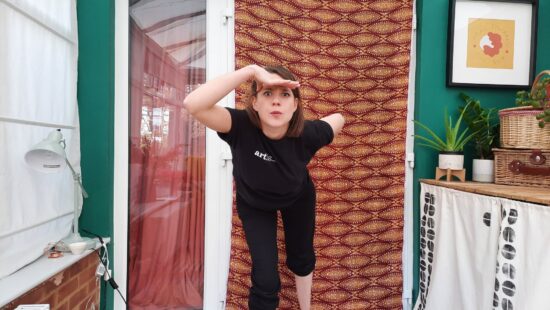The impact of the arts
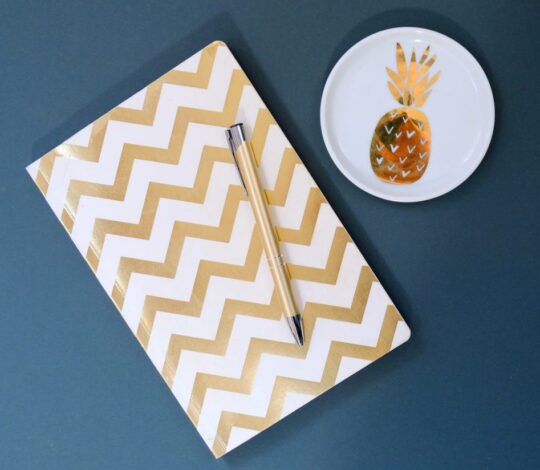
The impact of the arts
By Siân Alex (Bloop)
On a grey afternoon in February half term, I found myself staring out at a soggy high street, feeling stuck. I had taken myself, a pen and my favourite golden notebook to a local coffee shop to hash out a conundrum in words – something I have often done when feeling conflicted. I was scribbling away, but I wasn’t getting my answer.
I had worked for the last six years as a creative practitioner bringing music, drama and movement to primary schools, and recently I was finding a job that I had mostly loved more exhausting than usual. I was losing my footing with it, and I was here trying to figure out why. As a visiting member of staff to the schools I was working in, I was beginning to feel like a small and insignificant cog in a big machine. Feeling the weight of responsibility to the children that I work with, I found myself circling and picking at a single imperative question: what impact does my work have?
Well, I was about to find myself with much more time to mull this over than I’d bargained for. On the 18th of March 2020 Boris Johnson announced the indefinite closure of schools with almost immediate effect. Children would be away from their school communities for the longest period of time in living memory and I was no longer able to visit in person. It felt dystopian.
I found myself worrying a lot about the UK’s schoolchildren. When you work in schools, you see that learning is just one small part of school life and that there is so much important stuff that can’t be measured by a test that helps children grow into healthy, happy adults. School is where children learn their value as part of a community, where they learn to be kind and considerate citizens and to develop empathy. It is where they learn to socialise, to persevere, to explore and to overcome. For the most vulnerable children it can be the only place that feels safe, the only place where they can eat, or keep warm.
During lockdown, my nana spent some time giving me painting advice over the phone and through these chats, I got to hear about her relationship with her work as an artist and how it has sustained her. Nana speaks of her creative practise quite literally as an old friend that has kept her company through the hardships of her life, and I get this. As a songwriter, my practise was there before the pandemic, and when life changed in every imaginable way this year, it was the one constant, keeping me anchored. I had taken creativity as a part of my life for granted, but stripped of my friends, my work and my life, it’s value was suddenly starkly clear; my writing gives me purpose. It gives me the space to process, to connect, reflect and so much more.
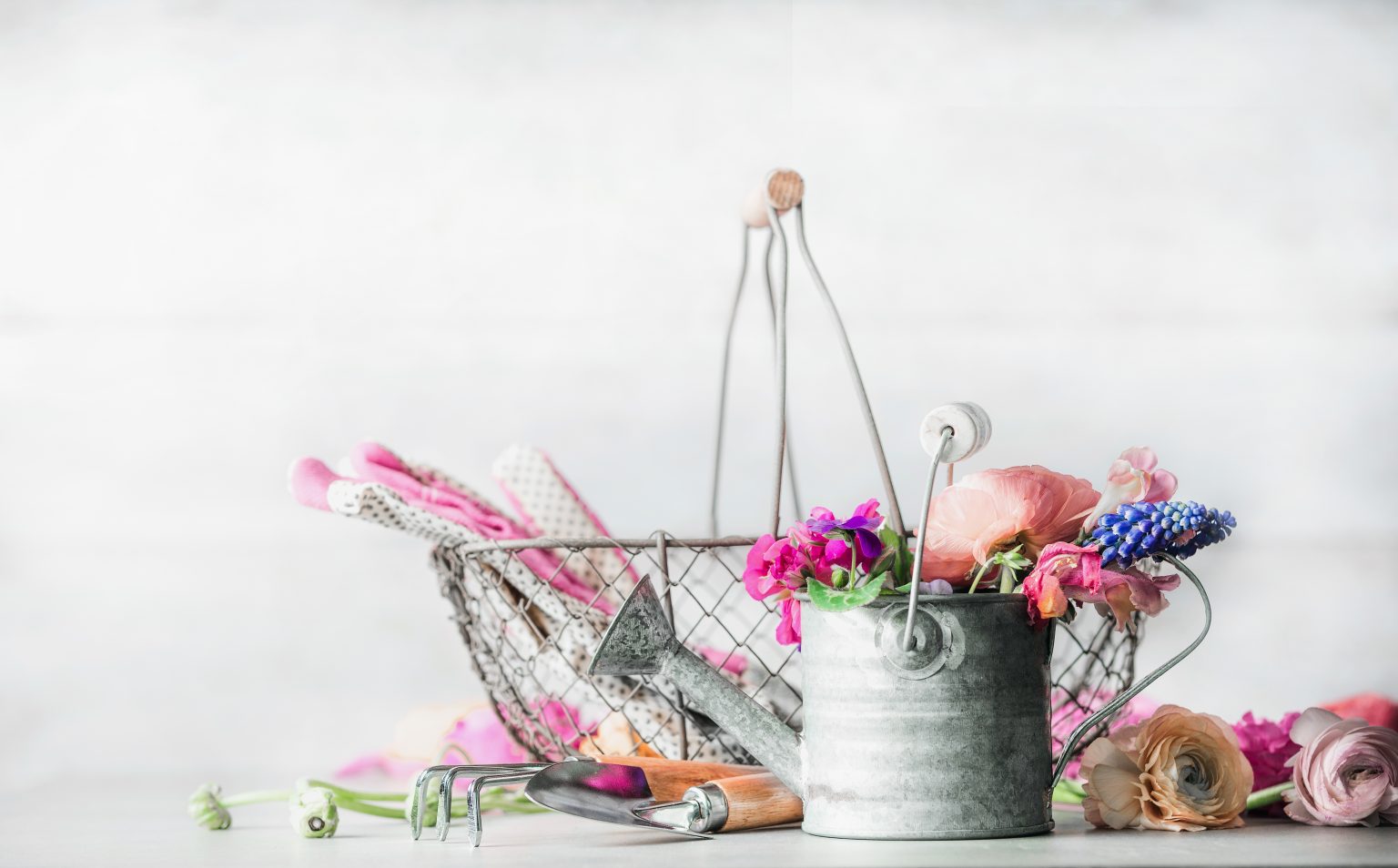
In school there is no such thing as a child who isn’t creative. Throughout 2020 I have watched as each of my ‘I’m not creative!’ friends have gardened or cooked or DIY’d their way through the turmoil of lockdown. No matter how much we are taught to unlearn it, creativity is in us. I began to reflect on the magic moments of my job, of all the times that a child has created something moving beyond their years, or has surprised the adults and children in the room with a side to them that we hadn’t previously known.
My mind turned to the year 4 teacher pointing to one of the most dynamic and enthusiastic children in our sessions, and telling me that usually he is the shyest in the class. I thought of the Year 2 class whose writing about the Victorians, I was told, came to life after we’d visited them in our time machine. I thought of the autistic boy taking part in a group performance for the first time, exploding with pride watching his class erupt in applause. To be given the time and space to create something bleeds into the rest of our lives in invisible and miraculous ways. It supports and nurtures the communities that we belong to, it helps us celebrate our individuality whilst uniting us through our commonality. If I could plant a seed, I thought to myself, if I could inspire the children I work with to nurture their creativity, it could grow into something with branches that reaches out and supports them in every area of their lives. Like a strong oak tree rooted within, it could be the calm that they need in a storm, or (as it has been for my Nana and me) an old pal that they can lean on for the rest of their lives. I began to see what had always been true; that the arts in education is not a small cog in a big machine, but more like the oil that keeps the wheels turning.
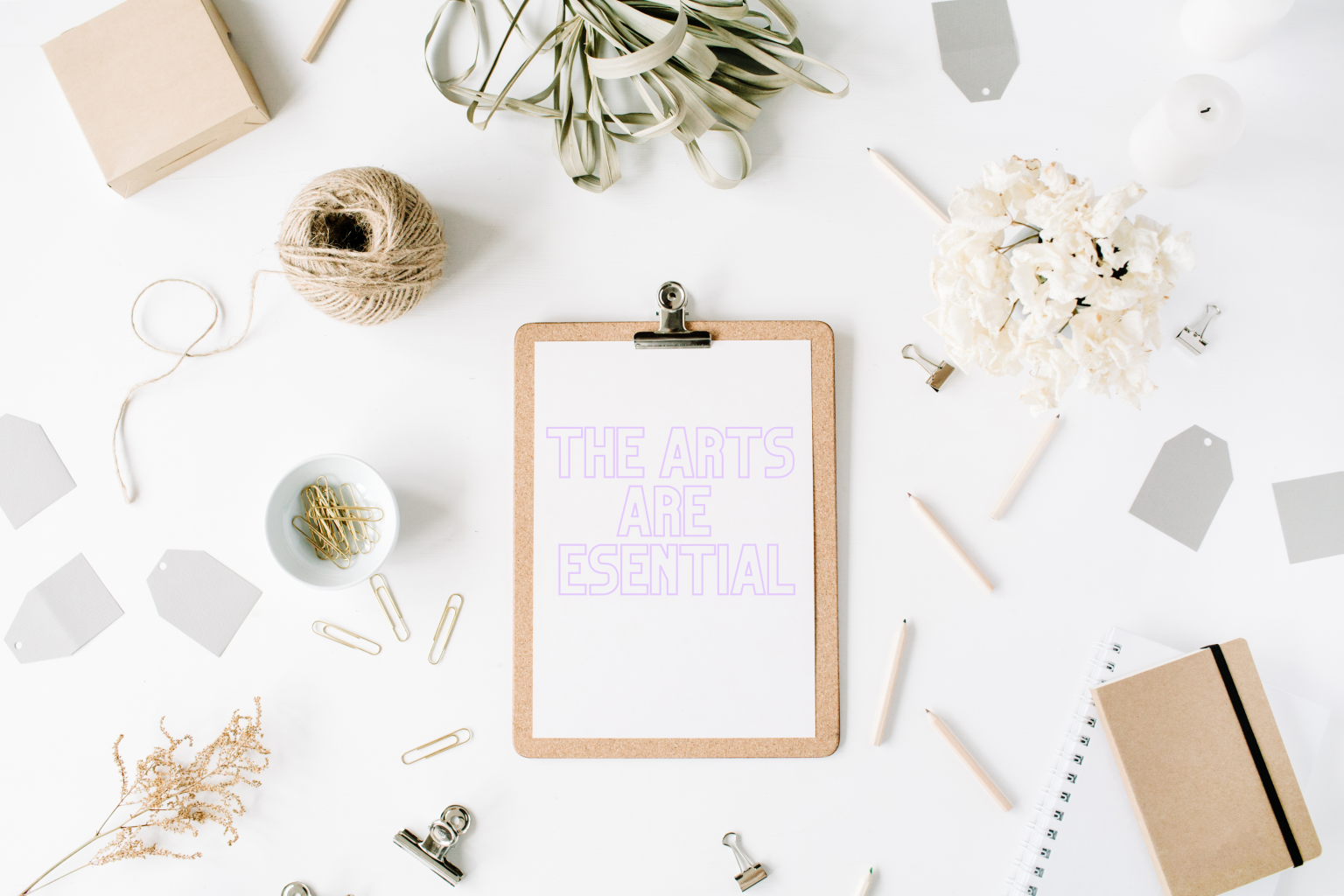
I recently returned to my golden notebook and I knew that I now had my answer. I thought back to one thing in particular that my Nana said, as I muddled paints across my sketchbook in the sun, that has stuck in my mind on each and every school day since.
‘What a great honour it is to teach’ she mused. My nana, at 89, still taught two art classes until Covid struck. She continued ‘To be able to take something so otherworldly, so magic, really, and be able to give that to someone else, is the most wonderful thing. Greater still, is seeing someone make it their own, to do more with it than you ever might have, to watch them become their own artist. Art doesn’t belong to us – it a gift from above, and we can change the world by passing it on’.
As our first term back comes to a close, and we see out this difficult year, I am clear of one thing. The arts are essential. I have never been happier to do what I do.
